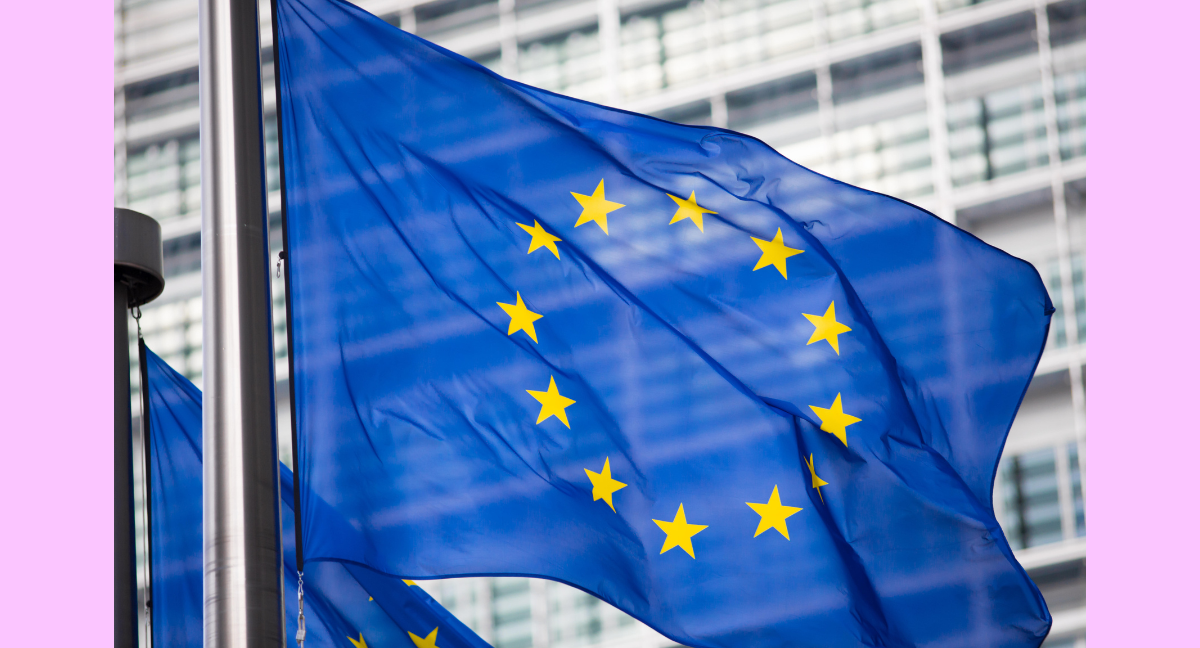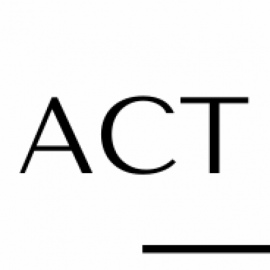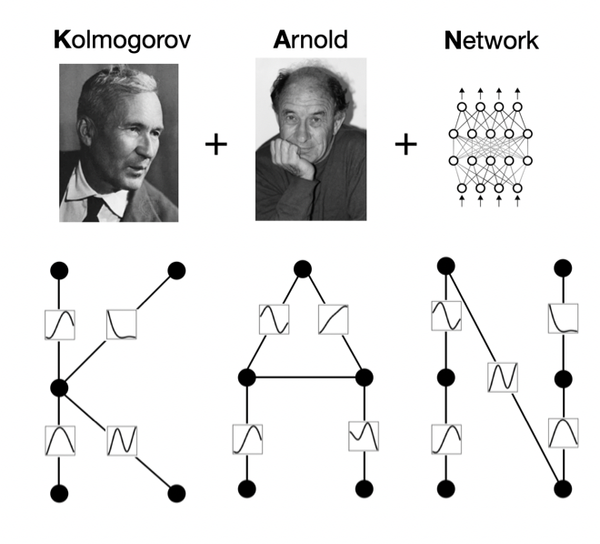In a significant development, the European Union has taken a decisive step towards regulating the use of artificial intelligence (AI). The European Parliament recently approved the E.U. AI Act, a comprehensive legislative package aimed at protecting consumers from the potential risks associated with AI applications. This landmark move by Brussels sets the stage for a clash with American tech giants who have been investing heavily in AI technology. While Europe forges ahead with regulation, the U.S. Congress has lagged behind, leaving the E.U. in the lead when it comes to AI legislation.
Europe's AI Act: The E.U. AI Act is a sweeping package of regulations designed to safeguard consumers from harmful uses of AI. The legislation adopts a risk-based approach, banning unacceptable AI tools and imposing restrictions on high-risk technologies such as election-influencing tools and recommendation algorithms. The bill also addresses generative AI and requires companies to label AI-generated content to prevent the spread of misinformation.
- Risk-based approach: The legislation introduces restrictions based on the perceived danger of an AI application.
- Banning unacceptable tools: Systems allowing law enforcement to predict criminal behaviour using analytics are deemed "unacceptable."
- Limits on high-risk technologies: Tools that could sway voters or recommendation algorithms fall under this category.
- Addressing generative AI: Companies must label AI-generated content to prevent misinformation.
- Concerns of publishers: The legislation requires firms to publish summaries of copyrighted data used to train their tools.
Implications for Tech Giants: The E.U.'s AI Act poses a significant threat to tech giants like Google, OpenAI, and Microsoft. OpenAI, the creator of ChatGPT, has expressed concerns about the legislation, even suggesting a potential withdrawal from Europe. Google, in its recent clash with European antitrust regulators, faces the possibility of a breakup of its advertising technology business.
- OpenAI's concerns: OpenAI, the creator of ChatGPT, may have to withdraw from Europe depending on the final legislation.
- Google's antitrust challenge: European regulators propose a breakup of Google's advertising technology business.
Europe's Global Leadership: With the adoption of the AI Act, Europe solidifies its position as a global leader in tech regulation. The E.U.'s proactive approach to regulating Silicon Valley companies has gained momentum over the past few years. The proposed rules are expected to influence policymakers worldwide, potentially establishing global standards for AI regulation.
- Europe as the leader in tech regulation: Europe's adoption of the AI Act cements its position as a global leader.
- Influence on policymakers: The E.U.'s proposed rules will likely shape global AI regulation standards.
Contrasting Approaches: While Europe has been diligently developing AI legislation, the U.S. Congress has been slow to address the risks associated with AI. However, recent bipartisan efforts led by Senate Majority Leader Charles E. Schumer indicate a growing urgency to regulate AI in the United States. The contrasting approaches between Europe and the U.S. highlight the need for comprehensive AI legislation in the American context.
- Europe's diligence vs. U.S. Congress's slow progress: The E.U. has been proactive, while the U.S. Congress has been sluggish.
- Bipartisan efforts in the U.S.: Senate Majority Leader Charles E. Schumer leads efforts to regulate AI in the United States.
Tech Industry Lobbying: American companies like Microsoft, OpenAI, and Google have been actively lobbying for AI regulation while simultaneously expressing reservations about certain aspects of the E.U.'s approach. The companies argue for greater transparency and responsible use of AI but caution against compromising sensitive AI source code.
- Support for regulation: Companies like Microsoft, OpenAI, and Google lobby for AI regulation.
- Reservations about the E.U.'s approach: Companies express concerns about compromising sensitive AI source code.
Europe's bold move to regulate AI through the AI Act signifies a monumental step in shaping the future of technology. The legislation addresses critical concerns about the potential misuse of AI while highlighting the increasing alignment among global regulators. As the E.U. takes the lead in tech regulation, the world watches closely to see how these regulations will influence the development and deployment of AI globally. However, it is important to recognize that AI regulation is an ongoing process that will require adaptation and refinement in the years to come.
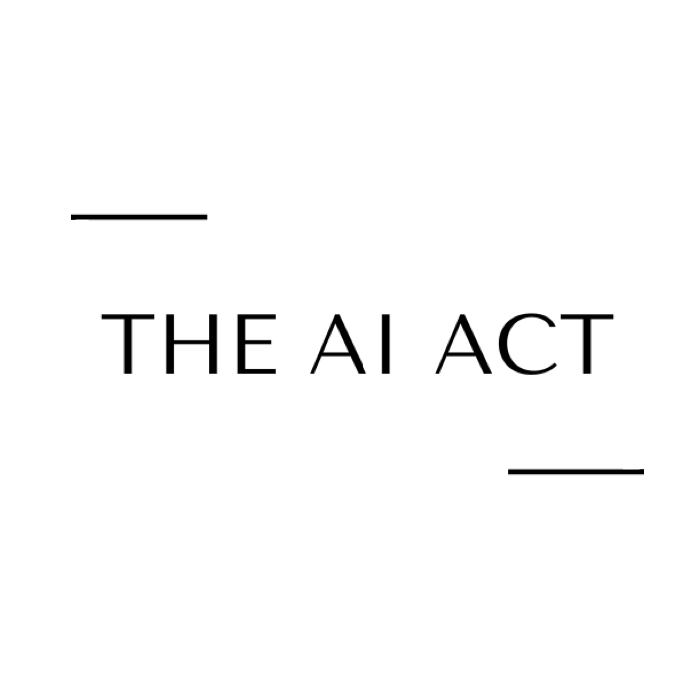
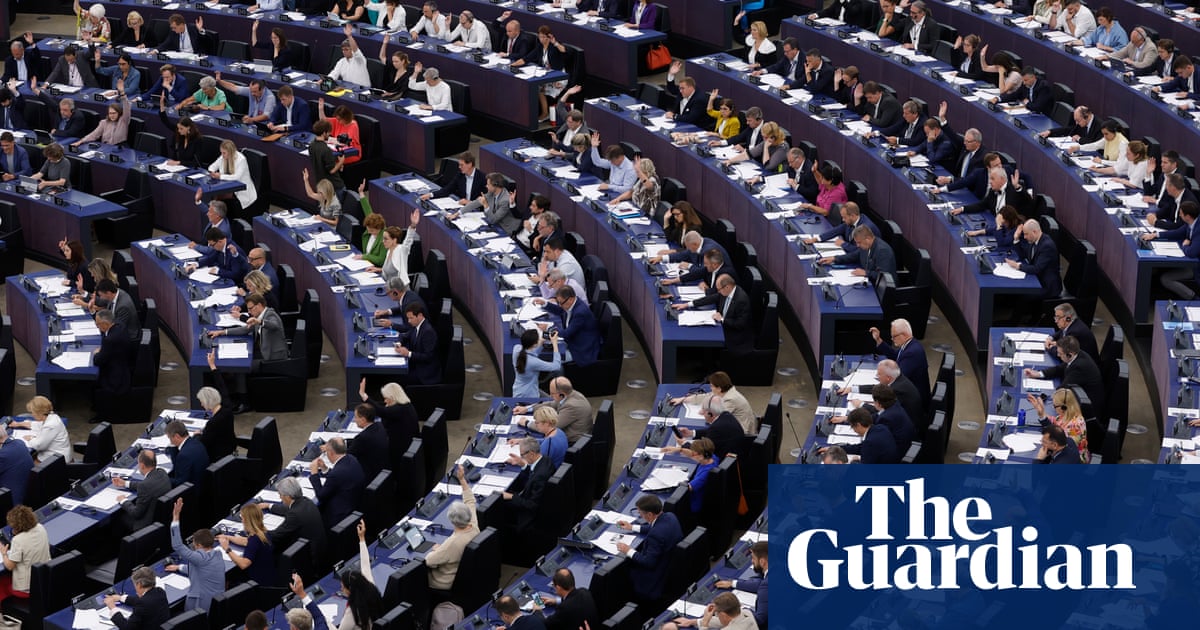
https://www.washingtonpost.com/technology/2023/06/14/eu-parliament-approves-ai-act/
We research, curate and publish daily updates from the field of AI. Paid subscription gives you access to paid articles, a platform to build your own generative AI tools, invitations to closed events, and open-source tools.
Consider becoming a paying subscriber to get the latest!

